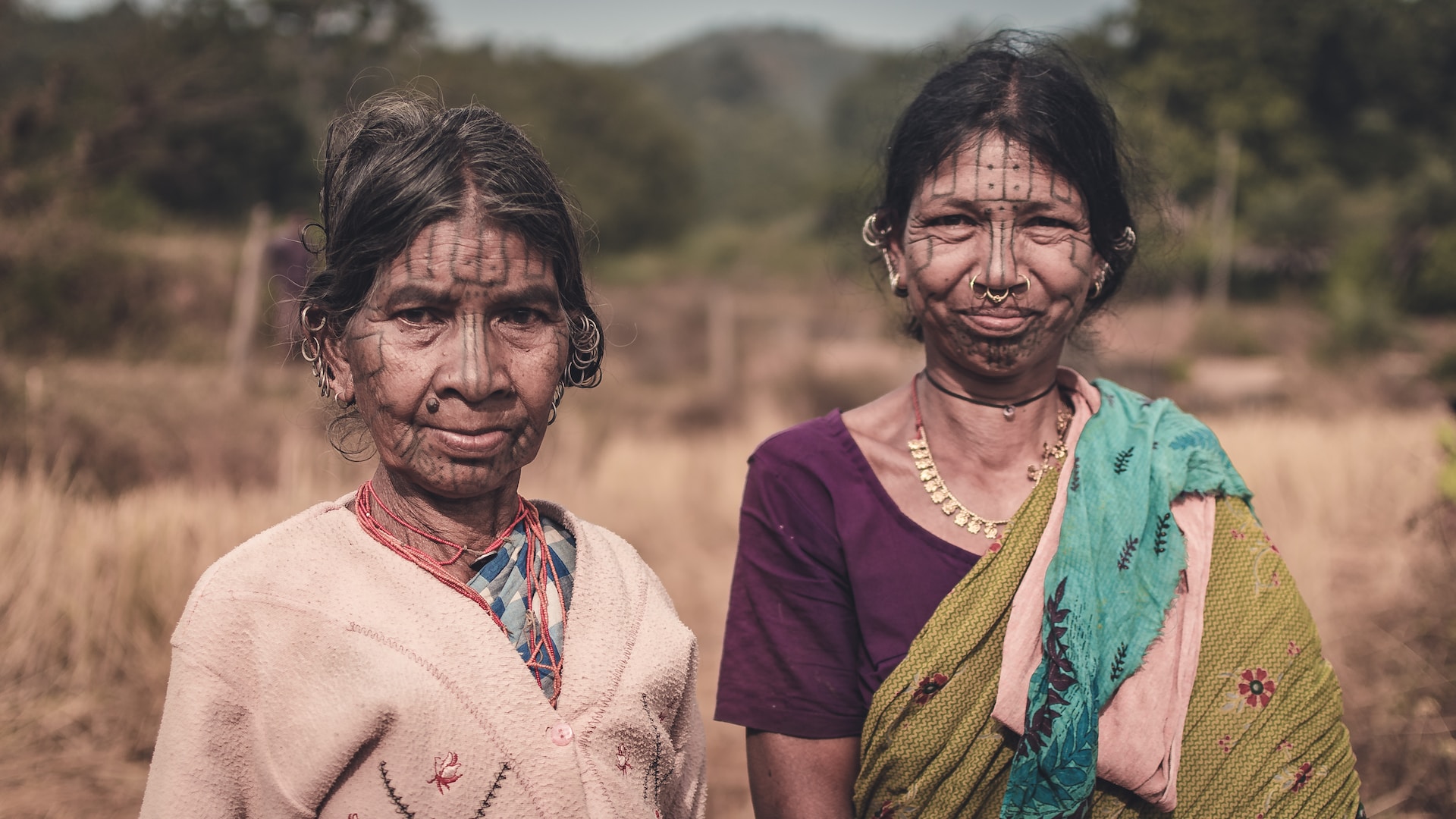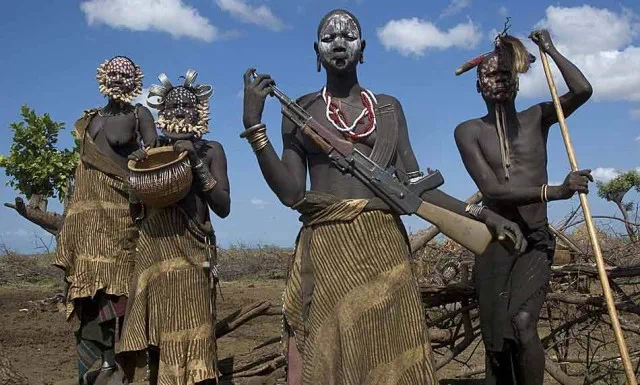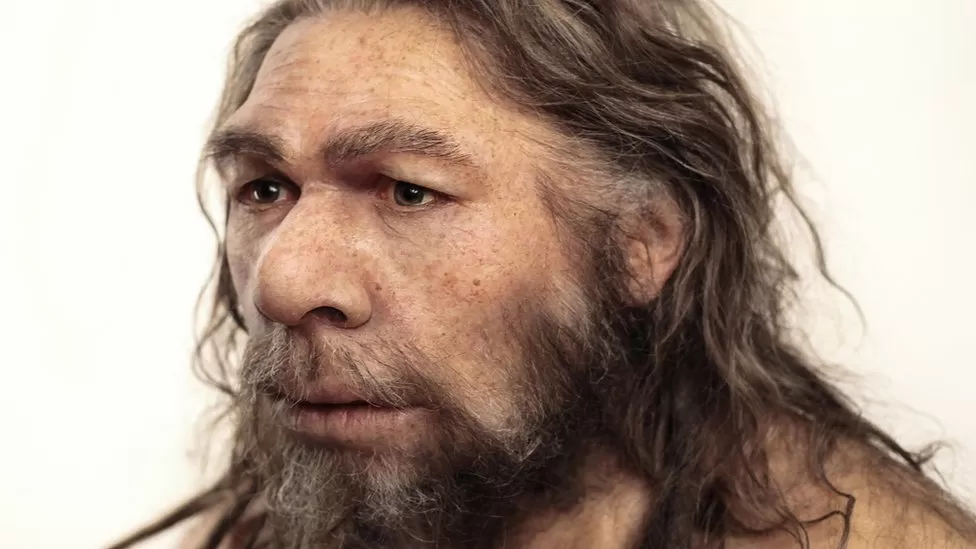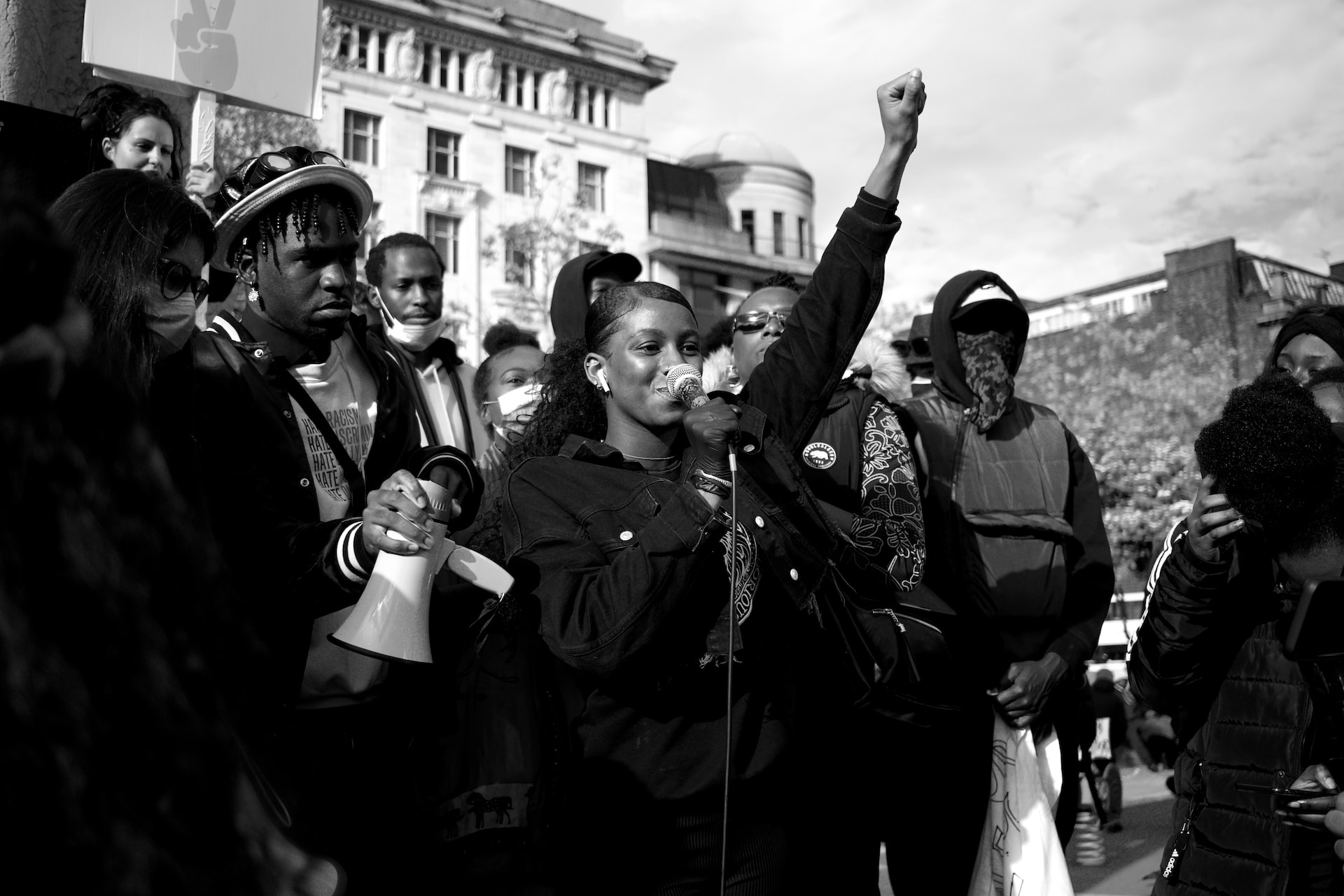- infos@fsf-ihce.com
- 1- MJC, 5 place Saint Jean 69005 Lyon France
- infos@fsf-ihce.com
- 1- MJC, 5 place Saint Jean 69005 Lyon France
The Human Species and Tribalism
Emphasizing Freedom, Resilience, and Equality
In a world characterized by diversity and individuality, the human species has evolved to thrive in communities known as tribes. These tribes, whether based on ethnicity, nationality, or shared beliefs, have played a significant role in shaping human history and culture. However, it is crucial to acknowledge that humans are not zoo animals to be manipulated, preserved, and protected from conflicts or exploitation. Instead, humans should be regarded as autonomous beings capable of embracing their freedom, resolving conflicts, and fostering genuine equality. In this article, we will delve into the complex relationship between the human species and tribalism, highlighting the importance of respecting our shared humanity while celebrating our diversity.

The Nature of Tribalism.
Tribalism has been an intrinsic part of human societies since time immemorial. It stems from our innate desire to belong, to form bonds with others who share similar values, beliefs, and traditions. Throughout history, tribes have provided individuals with a sense of identity, security, and belonging, nurturing cultural practices and maintaining social order. However, tribalism can also lead to divisions, prejudices, and conflicts when it transforms into an "us vs. them" mentality, pitting different groups against each other.

The Dangers of Manipulation.
Manipulating tribes for political or economic gain is an unethical act that undermines the principles of freedom and equality. In various instances, people have fallen victim to manipulation by those seeking power, resulting in the exploitation of their collective identity for personal gain. Such manipulation often fuels hostility and amplifies divisions among tribes, perpetuating a cycle of conflict and animosity. By recognizing and exposing these manipulative tactics, society can work towards dismantling these divisive strategies and fostering unity.

The Human Species: Autonomous and Resilient.
The human species is an incredible testament to adaptability, resilience, and the capacity for change. Throughout history, we have faced numerous challenges, including wars, exploitation, and oppression. Yet, time and again, humans have demonstrated an unwavering spirit to overcome these adversities and forge a path towards progress. Instead of being confined to the role of passive recipients of protection, humans possess the ability to make conscious decisions, shape their own destiny, and strive for a better future.

Promoting Equality and Freedom.
To truly appreciate the beauty of humanity, we must strive for equality and freedom for all individuals, irrespective of their tribal affiliations. Every human being deserves respect, dignity, and the freedom to express their individuality without fear of marginalization or exploitation. Embracing diversity and rejecting the imposition of power hierarchies will help us build a more inclusive society that values the uniqueness of each person while fostering harmonious coexistence.

Resolving Conflicts.
Conflict is an unfortunate reality of human existence, but it does not define us. Instead of perpetuating cycles of violence and animosity, it is essential to seek peaceful resolutions to conflicts that arise between tribes. Open dialogue, empathy, and a willingness to understand different perspectives can foster reconciliation and bridge divides. By encouraging cooperation and collaboration, we can strive towards a future where the diversity of tribes is celebrated rather than feared.
As members of the human species, we must recognize that we are not zoo animals to be manipulated, preserved, or protected from all forms of conflict and exploitation. Instead, we possess the autonomy and resilience to shape our own destinies and work towards a future that embraces freedom, equality, and peaceful coexistence. By transcending the boundaries of tribalism, we can foster a society that appreciates our shared humanity, celebrates our diversity, and strives for a world where every individual can thrive, unburdened by the chains of manipulation or oppression.



